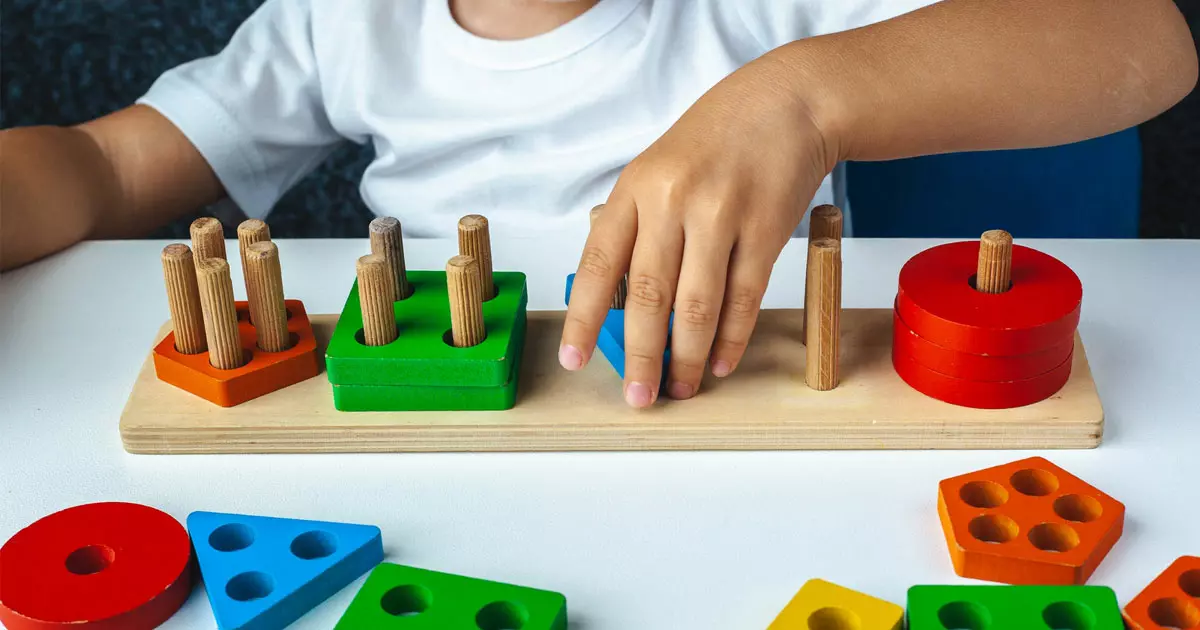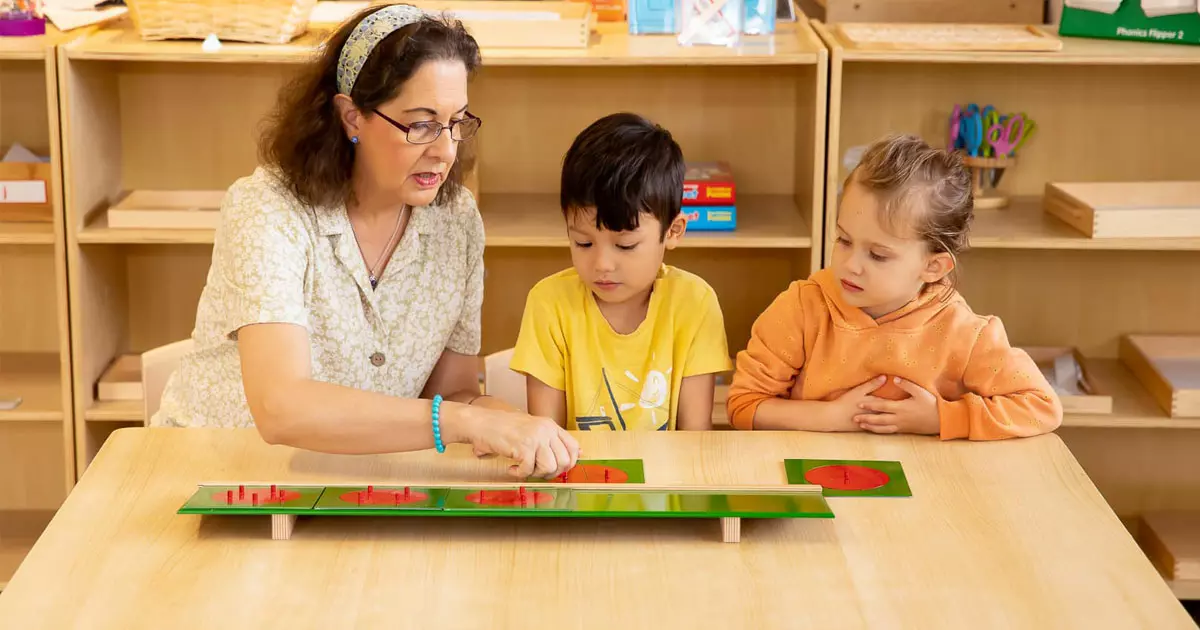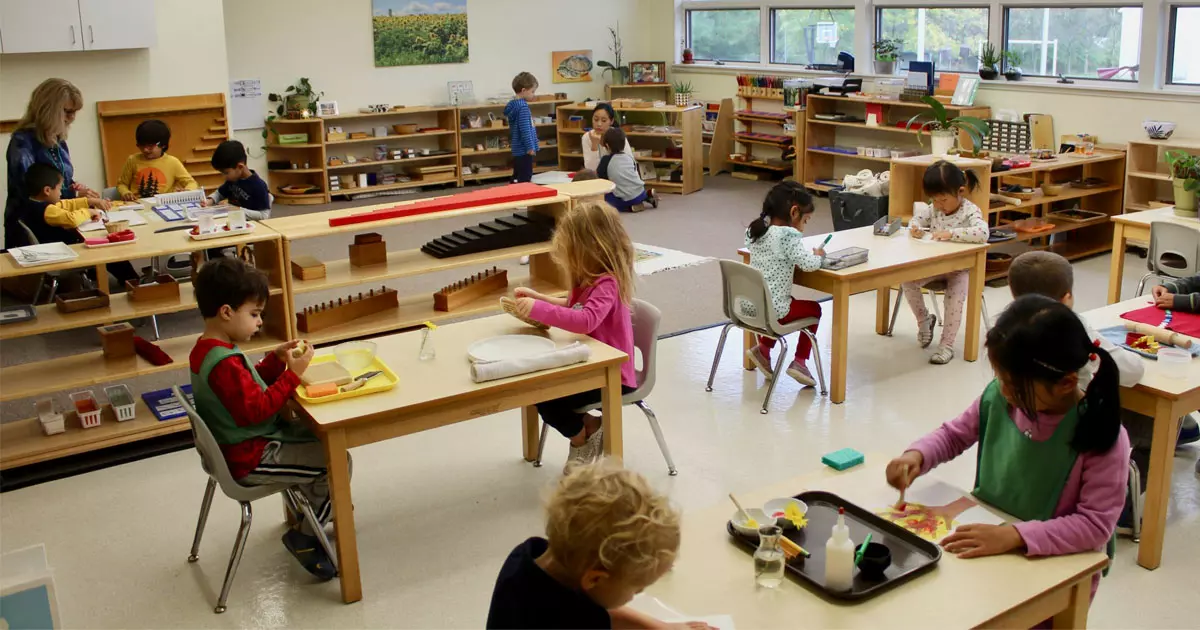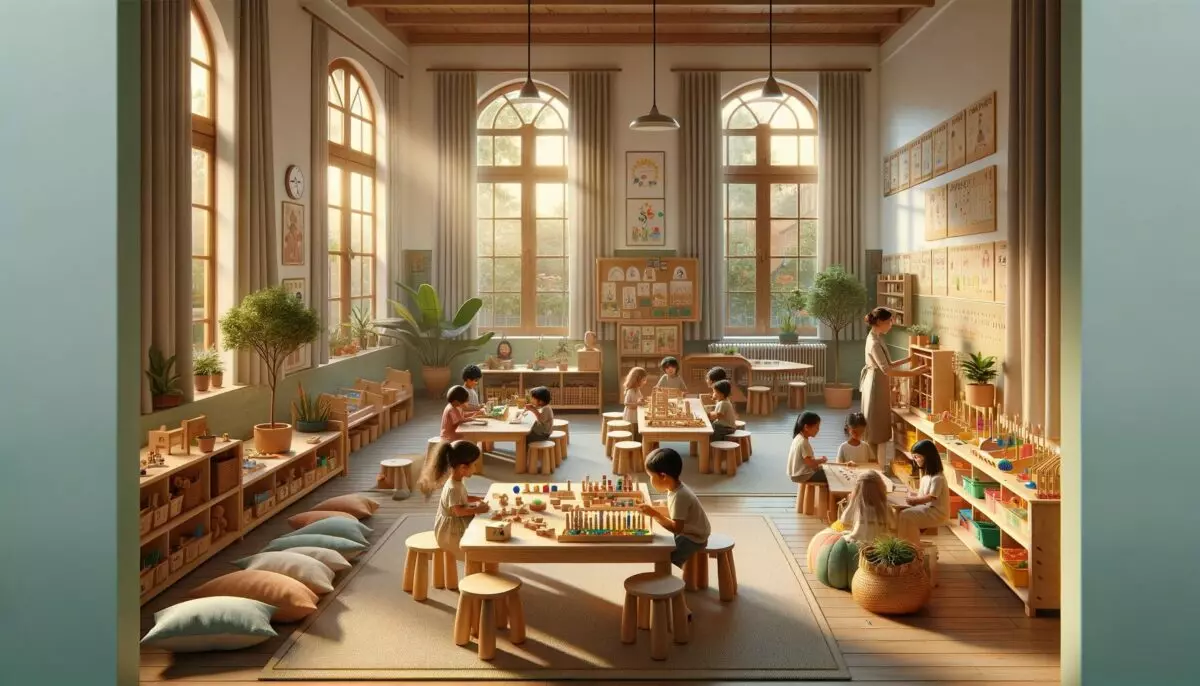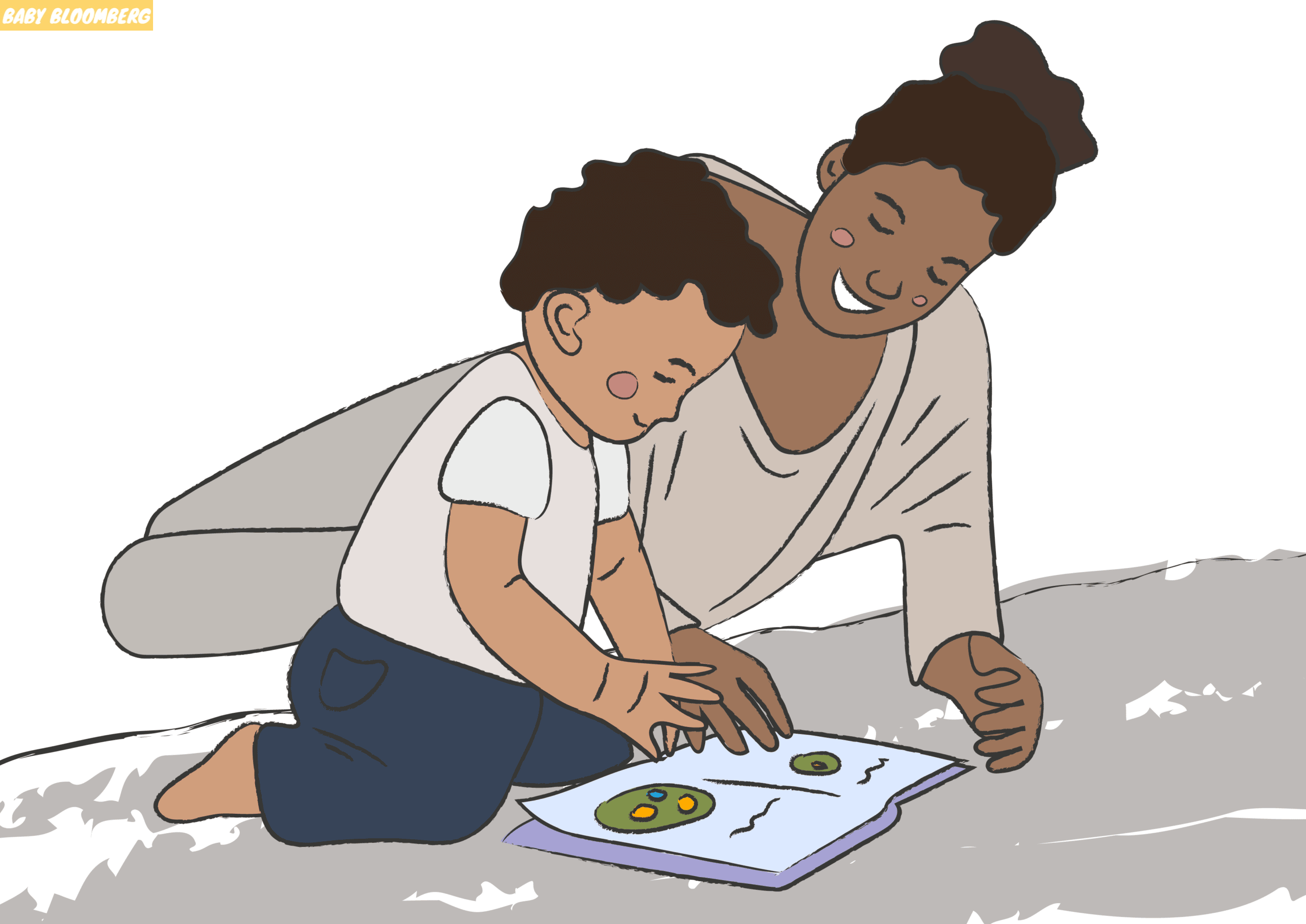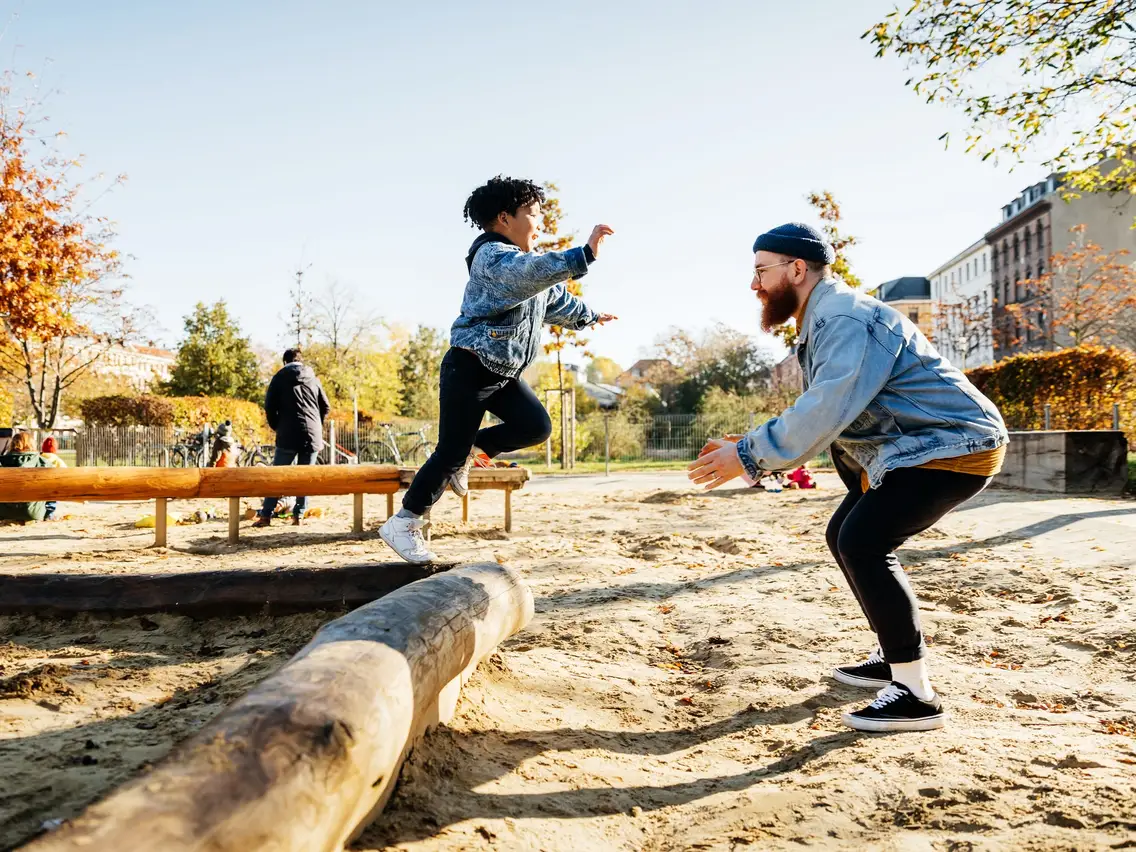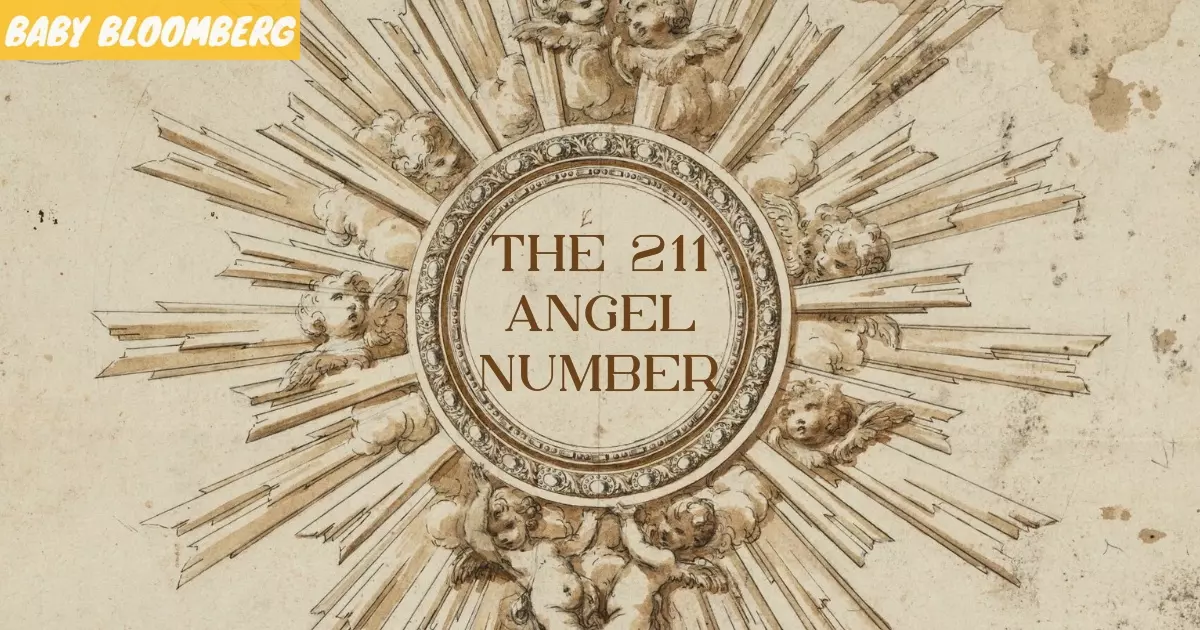1. What is Montessori?
Montessori education is a child-focused approach to education that has been transforming schools around the world for over a century. Developed by Dr. Maria Montessori, an Italian physician, this holistic method emphasizes the cognitive, emotional, social, and physical development of children. In Montessori classrooms, children have the freedom to learn at their own pace and are guided, assessed, and enriched by knowledgeable and caring teachers. They engage in hands-on learning, follow their own curiosity, and develop real-world skills. This article explores the principles and benefits of Montessori education and how it fosters independence, freedom, and respect for each child’s natural development.
2. The Origins of Montessori Education
The Montessori method of education was developed by Dr. Maria Montessori in the early 1900s. As a physician, Montessori observed the development and learning processes of children and applied her scientific knowledge to create an educational approach that respected the individuality and potential of each child. Her experiments led to the establishment of the first Casa dei Bambini, or Children’s House, in Rome in 1907. Since then, Montessori education has gained popularity worldwide, becoming a respected and widespread approach to early childhood and elementary education.
3. The Montessori Classroom: A Unique Learning Environment
Montessori classrooms are easily recognizable, with their inviting and meticulously prepared learning environments. These spaces are designed to create natural opportunities for independence, citizenship, and accountability. Children work both independently and in small groups, using specially designed learning materials. The classrooms have various activity stations for children to choose from, allowing them to follow their interests and engage in hands-on learning experiences. Teachers move around the classroom, providing guidance and support, rather than standing at the front of the room and lecturing.
4. The Montessori Method: Principles and Philosophy
Montessori education is based on several key principles that guide both the design of the learning environment and the interactions between teachers and students. These principles include:
Free Choice
In Montessori classrooms, students have the freedom to choose their work and explore their individual interests. This fosters intrinsic motivation and a sense of ownership over their learning process.
Order
The Montessori method emphasizes creating an orderly and structured environment. Everything has its place, and children are taught the importance of maintaining order, leading to a sense of calm and focus.
Interest
Children are more likely to learn and retain information when they are interested and engaged. Montessori teachers observe and adapt the curriculum to match the individual interests and needs of each child.
Learning Through Sense and Movement
Montessori education recognizes that children learn best through their senses and movement. The materials in the classroom are designed to be manipulative and appeal to a child’s natural curiosity and desire to explore the world.
Mixed Age Classrooms
Montessori classrooms typically have children of different ages learning together. This arrangement encourages peer teaching and learning, as older children become mentors and role models for younger students.
Uninterrupted Work Periods
Montessori classrooms provide uninterrupted blocks of time for focused work. This allows children to fully engage in an activity, experience deep concentration, and develop their ability to work independently.
The Role of the Teacher as a Guide
Montessori teachers are not the authoritarian figures typically found in traditional classrooms. Instead, they act as guides, observing each child’s progress, providing individualized support, and facilitating learning experiences.
5. Hands-On Learning and Real-World Skills in Montessori Education
One of the hallmarks of Montessori education is its emphasis on hands-on learning. The classrooms are filled with specially designed learning materials that children can manipulate and explore. These materials are self-correcting, allowing children to learn from their own mistakes and develop problem-solving skills. From pouring water to learning mathematical concepts through colorful manipulatives, Montessori materials engage multiple senses and appeal to children’s natural curiosity.
In addition to academic skills, Montessori education also focuses on developing real-world skills. Practical life activities, such as buttoning clothes and pouring liquids, teach children essential life skills while fostering independence and self-confidence. The mixed-age classrooms provide opportunities for leadership, collaboration, and respectful interactions, preparing students for the diverse and interconnected world they will inhabit.
6. The Benefits of Montessori Education: A Holistic Approach
Montessori education has been praised for its ability to foster holistic development in children. By focusing on the cognitive, emotional, social, and physical aspects of a child’s growth, Montessori classrooms create well-rounded individuals who are prepared for future challenges.
Cognitive Development
The Montessori method promotes intellectual growth by allowing children to follow their own natural curiosities and learn at their own pace. The multi-sensory materials and hands-on activities facilitate the development of critical thinking skills, concentration, and problem-solving abilities.
Emotional Development
Montessori education recognizes the importance of emotional intelligence and self-regulation. By providing a nurturing and supportive environment, Montessori classrooms help children develop a positive self-image, empathy, and emotional resilience.
Social Development
In mixed-age classrooms, children interact with peers of different ages, learning to collaborate, communicate, and resolve conflicts. The emphasis on respect and empathy fosters strong interpersonal skills and a sense of community.
Physical Development
Montessori education values the holistic development of the child, including their physical well-being. Movement and exercise are an integral part of the curriculum, helping children develop gross and fine motor skills, coordination, and body awareness.
7. Frequently Asked Questions about Montessori Education
Q: How does Montessori education cater to individual learning needs?
Montessori education recognizes that each child learns at their own pace and has unique learning needs. The Montessori materials and curriculum are designed to be flexible and adaptable, allowing teachers to meet each child where they are and provide individualized support and guidance.
Q: Are Montessori classrooms suitable for all age groups?
Yes, Montessori classrooms can accommodate children from infancy through adolescence. The mixed-age classrooms create a diverse learning environment where children of different ages can learn from and with each other.
Q: Is Montessori education effective in preparing children for traditional schools?
Yes, Montessori education has a strong track record of preparing children for success in traditional academic settings. The focus on independent learning, critical thinking, and problem-solving skills equips students with a solid foundation for future academic endeavors.
Q: Is Montessori education only for privileged children?
While Montessori education is often associated with private schools, there are also public and charter schools that offer Montessori programs. Efforts are being made to make Montessori education accessible to children from all socio-economic backgrounds.
Q: How do Montessori teachers assess student progress?
Montessori teachers use observation, record-keeping, and conferences to assess student progress. Instead of traditional grades, assessment in Montessori education focuses on the holistic development and growth of each child.
Q: What kind of training do Montessori teachers receive?
Montessori teachers undergo specialized training to understand the unique principles and methods of Montessori education. They receive certification from recognized Montessori training institutes, ensuring they are well-equipped to implement the Montessori approach in the classroom.
Montessori education provides a child-centered approach that fosters self-motivated growth in all areas of a child’s development. With its emphasis on hands-on learning, independence, and real-world skills, Montessori classrooms create nurturing environments where children can flourish. The principles and philosophy of Montessori education have been proven effective in preparing children for future academic success and personal fulfillment. Through the Montessori method, children are empowered to become independent learners, critical thinkers, and compassionate individuals ready to contribute positively to society.


